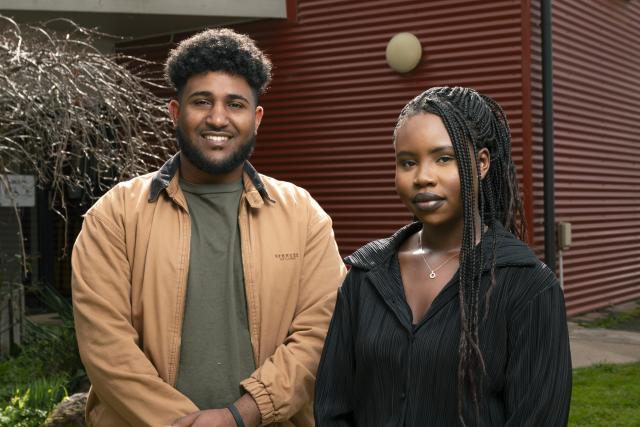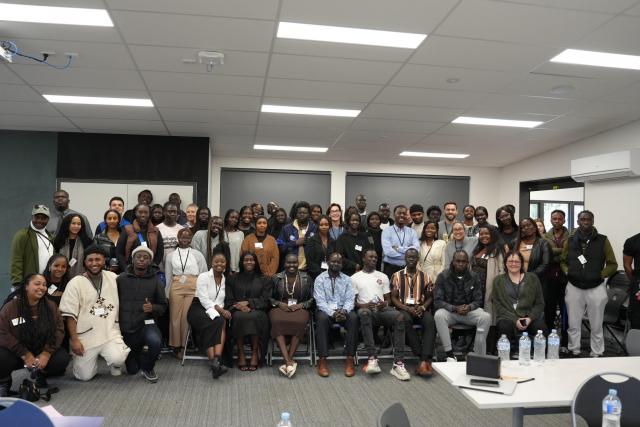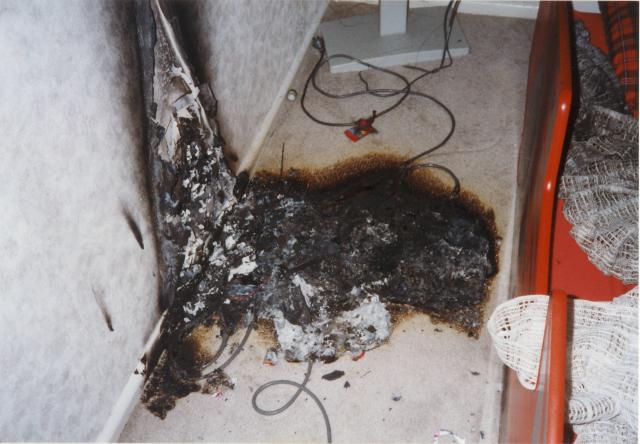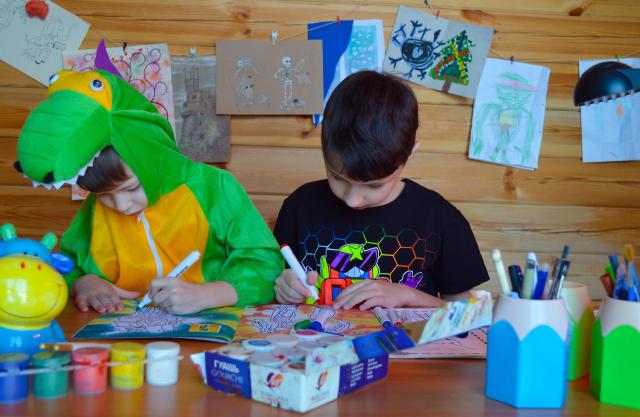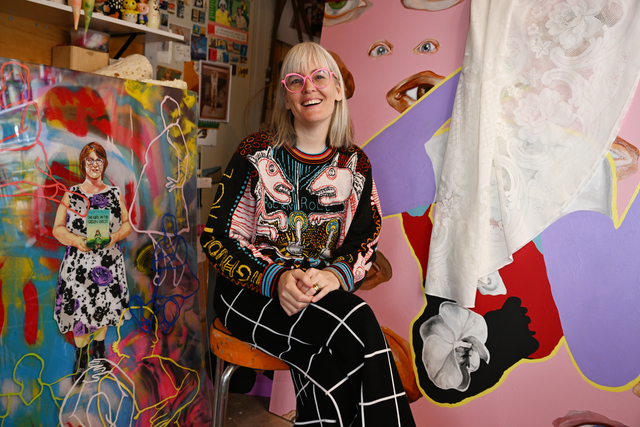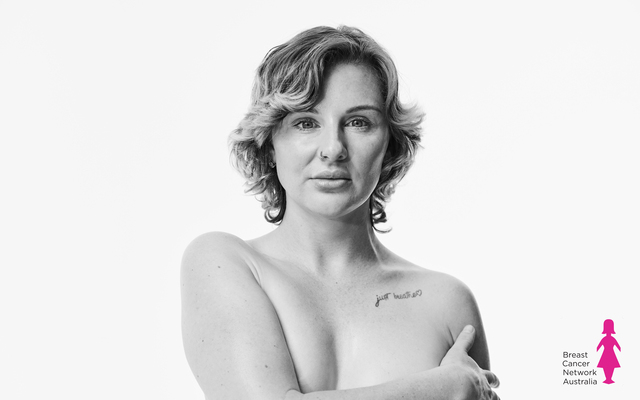Robiel Abraham said it wasn’t uncommon to feel unsafe when he was growing up in Melton South. At 19, it was the tragic murder of a friend that acted as the catalyst for he and his friends to take matters into their own hands and form the African Youth Initiative (AYI). He spoke to Liam McNally about the organisation’s rise and the future they are aspiring to help shape.
AYI is a not-for-profit organisation that is committed to reducing the barriers African-Australian young people face in Melton and across the west and helping them reach their full potential.
The group aims to empower the community through a youth-led approach to role-modelling and a range of initiatives including workshops, mentoring programs, men’s and women’s groups, weekly basketball games and is currently working on a documentary.
In the past month the group was awarded a $150,000 grant from the state government, and also held its biggest event to date, the African Youth Forum.
Robiel Abraham and Aken Angok were still teenagers when they founded the group in 2020.
Robiel said Melton was a difficult place for young people to feel safe growing up, and the feeling of danger culminated after the tragic murder of a friend.
“That was the awakening moment for me and my best friend Aken,” he said.
“When that happened we were just devastated. We met up and were just throwing this gridiron ball around and talking about what we can do.
“Seeing our whole community grieve, it helped us think ‘We’ve got to do something, We’ve got to help out in any way, because we can see that this might become a cycle’.”
Robiel said the issues facing his community are complex, but the most common problems he sees stem from identity crisis, mental health and a lack of resources.
Identity crisis, Robiel said, stems from cross-cultural interaction between parents and their children, young people not really embracing or knowing their culture, as well as feeling unwelcome in the culture in which they are raised.
He can point to a range of instances of racism in his youth, from his brother being called the ‘n-word’ walking home from school, to his neighbour who displayed a swastika flag, his mother having police instead of an ambulance called her after a car accident, or being followed around shops by staff when shopping with his little sister.
“It really impacts you as a young person… You felt like in your own community no one wants you there or no one trusts you,” he said.
“Our young people struggle with their identity, some of them were born here, but they don’t feel Australian, some of them mimic other cultures, because they don’t feel accepted by the culture they’re in here.
“It feels like ‘oh, if this is what I’m being judged as, why don’t I just act this way then?’”
“There’s also a lot of young people doing phenomenal, there’s a lot of high achieving young Africans and we would love for these young people to be celebrated… But there’s negative outcomes that stem from those issues.”
Robiel said that the biggest factor in the solutions they’re providing is that they’re youth-led, by the people from the local community.
“Young people know it’s safe when it’s created by young people that actually care about them,” he said.
“And because we know these people that are disengaged we reach out to them on a personal level like, ‘hey man, come to this workshop, I know you’re looking for a job, come, we’ll help you out.’
“It’s making sure that they feel safe at the entry level, we’re not trying to be the be-all-end-all… It’s the environment we’re creating, not just as an organisation but that the young African community are creating together.”
The group’s efforts were recognised when about 90 people attended the African Youth Forum that AYI ran with the Department of Justice and Community Safety and the Commission for Children and Young People at the Kurunjang Community Centre.
Robiel said the primary focus of the event was to amplify young people’s voices directly to those in power.
“It was an amazing turnout,” he said.
“We had people there that are disengaged, we had people as young as 14 years old… They said they felt like they had a voice.
“We were the bridge between the young people and those in power. That was a tremendous success.”
Sheladi Nsengiyumva agreed that it was a powerful event.
“We explored many things like trauma, financial disadvantage, African youth in prison, and it was the first time for a lot of African youth to express emotions that they’ve been experiencing,” he said.
“I think it was a day of healing for a lot of people.
“It was really a safe space for people to open up and share their experiences and not just speak about issues but delve into solutions.”
Before the 21-year-old became a media advisor for AYI, Sheladi knew the team for a long time and saw them as friends from the community who had helped him with guidance, getting jobs and getting into basketball.
“I always saw them as role models, and kind of a light at the end of the tunnel,” he said.
“I guess I’d experienced first hand a lot of the issues African youth were facing in Melton.
“From 2015 to 2019 it was getting progressively worse… [I was] seeing friends go to prison, seeing friends ruin their lives. It moves you to want to help and do something.
“When I saw AYI was really making a difference and they were really serious and pushing for change in our community, that inspired me to be involved as well and be a part of that change.
“They really inspired me to do what I’m doing now. I think it inspires a lot of people in the Melton community to see someone that looks like me trying to make a change, not a 40 year old white man who doesn’t really understand what we’re growing through.”
Robiel said it’s a privilege to be able to serve his community.
“It’s been a blessing, we’re thankful to God that the community has been able to support us, that we’ve got opportunities,” he said.
“Everything that we do, we do for our friends, our relatives, and just anyone else that has had a similar experience to us growing up as an African Australian, facing the identity crises and the accusations, and all the stuff that our community has been through.”
Details: https://www.ayi.org.au/

